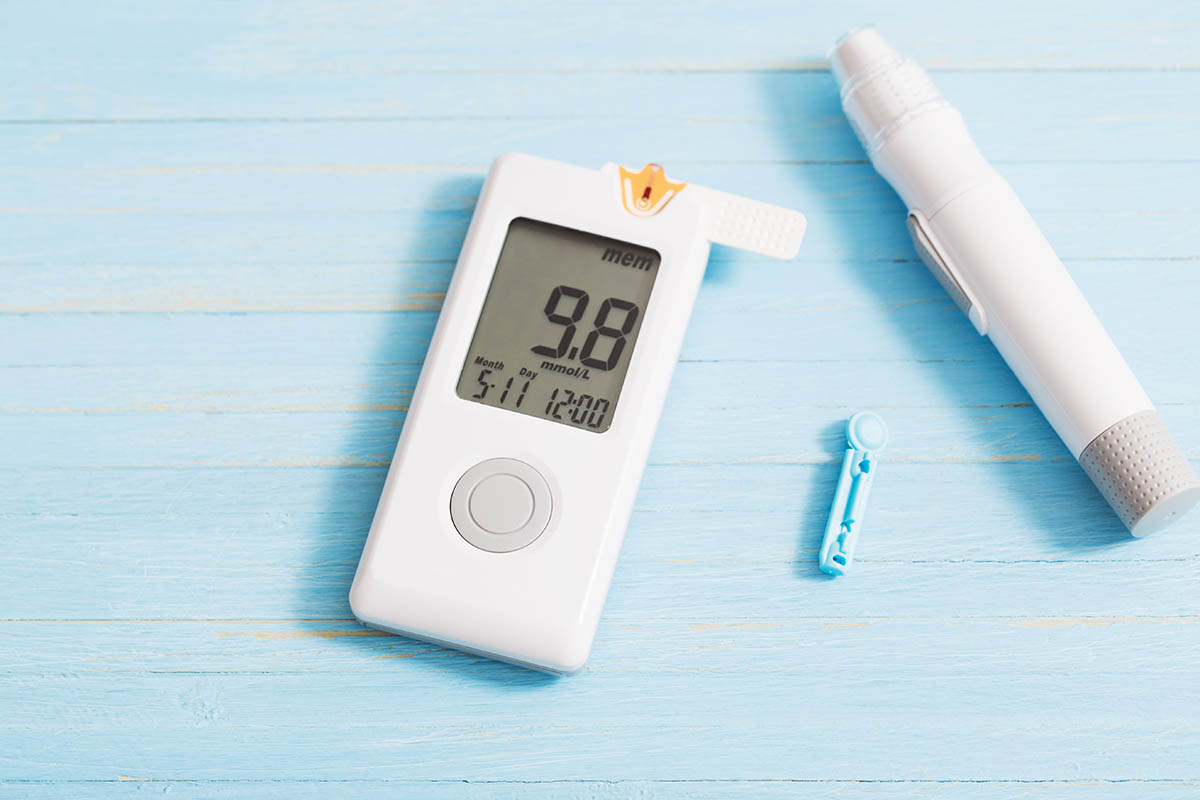The Diabetes Test Strip Resale Market: An American Solution to An American Problem
Navigating the idiosyncrasies of the American healthcare system can be difficult, especially if you don’t have the cash to receive proper care. With the rising costs of getting adequate healthcare and the lack of affordable insurance options to meet patient needs, more Americans than ever are suffering from the effects of our broken healthcare system.
This was accentuated by the arrival of the 2020 pandemic when the rapid spread of the COVID virus and its variants ran the medical industry ragged. There weren’t enough supplies to account for the number of people affected, and uninsured people who required ventilators and emergency surgery wound up owing tens of thousands of dollars.
Unfortunately, the capitalization of the healthcare industry has affected people with diabetes in a particularly malicious way. Diabetes test strips, which are mass-produced at the cost of around a dime per strip, are then sold at egregiously high prices by pharmacies and healthcare professionals, even with insurance.
Fortunately, a growing market for buying and selling diabetes test strips has proven the answer for individuals looking for affordable access to these life-saving tools. This is an entirely legal practice that allows individuals with insurance and excess strips to redistribute those test strips, selling them to people who have least at a significantly reduced cost and bypassing the pharmaceutical monopoly on these products.
Interested in hearing more about this practice? Read on.
The Diabetes Test Strip Resale Market: Why Does This Market Need to Exist?
There’s a huge demand for affordable test strips in the US, as more than 30 million US citizens have some form of diabetes, and a significant portion of those don’t have the healthcare plan required to cover the cost of test strips.
With blood glucose meters being the most common way to keep track of one’s blood sugar, diabetes test strips are in high demand; as a result, pharmacies charge out the nose for them. Because of the way the healthcare system in America is set up, manufacturers produce boxes of test strips and set them at ridiculously high prices, then attempt to negotiate their way into becoming an insurance provider’s product of choice by offering them a significantly reduced rate.
Unfortunately, this leaves consumers without insurance and consumers with different insurance suppliers up the creek without a paddle. What’s more, patients with the right kind of insurance are more likely to get a deluge of test strips sent their way even when such excess isn’t necessary. The system that determines who gets proper treatment is inherently flawed, broken by the capitalistic impulses that have infested it. Unfortunately, for pharmaceutical companies looking to turn a profit, many enterprising Americans are creating a “free market solution” to this problem.
A Brief Guide to the New Free Market
While the resale of prescription medications is prohibited for good reason, materials such as diabetic test strips are fair game to resell. Taking advantage of what seems like a lucrative opportunity, people who have gotten test strips through their insurance can resell their excess strips to buyers, who usually pay with cash and then resell these strips to the needy. They do manage to turn quite a hefty profit, but even the prices that these strip-sellers set each box at are significantly lower than what you’ll find at most pharmacies.
There are markets everywhere for diabetic test strips as the industry continues to grow in response to a rising need for affordable, accessible materials. Still, it’s recommended to go into the market with a guide if you’re looking to get cash for test strips: that way, you can stick with more reputable dealers and avoid sketchy, third-party transactions.
Taking Matters Into Our Own Hands
Nobody will fix the insurance market for us, and nobody will give you the care you need; the pandemic highlighted the flaws in our healthcare system and drove home the need for drastic reform. Until that reform comes, patients have to do what they can to provide affordable healthcare for themselves in the face of pharmaceutical monopolies.




















